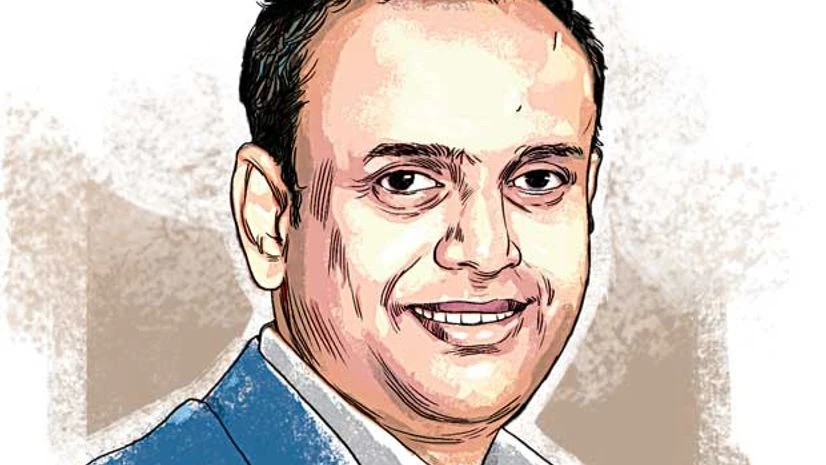Sundar Raman was seldom seen at Indian Premier League (IPL) matches. Even when in attendance, he somehow always managed to slip under the radar. He was the most visible during pre-season auctions, dressed in modish suits, addressing the press and mingling with franchise officials. In spite of his somewhat subdued public image, Raman, in his tenure as IPL's chief operating officer, made the league a raging success - both financially and on the field.
When he put in his papers earlier this week, there was little surprise. Ever since Shashank Manohar took over as Board of Control for Cricket in India (BCCI) president early last month, the exit door had been quietly unlatched for Raman. In July, the Supreme Court-appointed Lodha Committee, while filing its final report, said Raman's role in the 2013 IPL spot-fixing scandal would be carefully examined.
When the Supreme Court made certain contents of the Mudgal Committee report public last December, it was revealed that 43-year-old Raman had received information about the involvement of Chennai Super Kings' Gurunath Meiyappan and Rajasthan Royals' Raj Kundra in illegal betting. BCCI decided to terminate the two franchises last month, meaning it was only a matter of time before it closed its doors on Raman too in an inevitable outcome of its clean-up act.
More From This Section
According to insiders, Raman had the final say in all the broadcast deals that BCCI struck. When the 2009 IPL season had to be hurriedly moved to South Africa due to the Lok Sabha elections, Raman was the man Modi entrusted this responsibility with.
However, the two soon fell out. In an ugly public spat, Modi accused his former right-hand man of betrayal. After Modi was suspended from BCCI in 2010, Raman switched his allegiance to then BCCI president N Srinivasan, who till today remains Modi's bitterest rival. Such was Srinivasan's faith in Raman that he was inducted into the commercial working group of the International Cricket Council after the former was elected as chairman of the sport's world governing body.
After graduating in advertising and communication from the Narsee Monjee Institute of Management Studies in Mumbai, Raman built his career as a media planner, working for companies such as Samsung, Pepsi Co. and Motorola. He even headed the India operations of Mindshare, the American marketing services company, for a while before landing the BCCI job in February 2008.
For a career that was largely unblemished, Raman's proximity to dubious men will be remembered more than his impressive managerial qualities. BCCI has had to let go of an astute organiser who kept IPL afloat when there was very little right with it.

)
